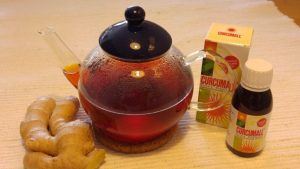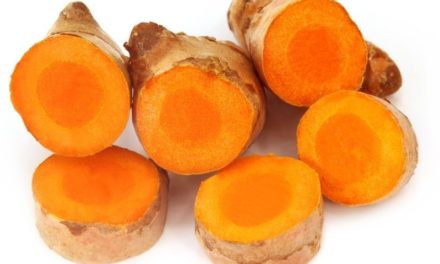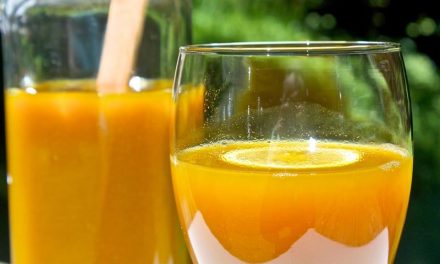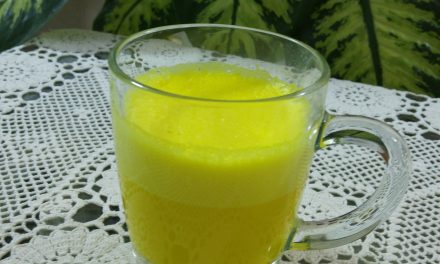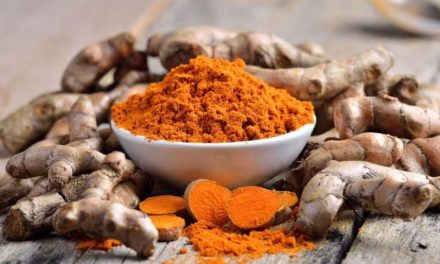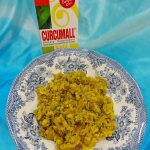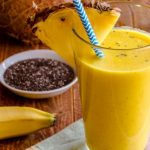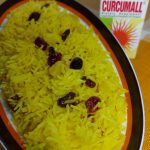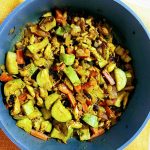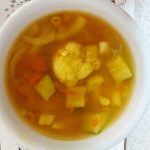
Curcumin’s antiviral properties
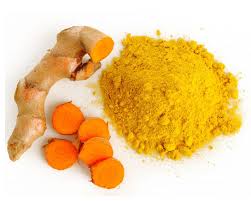
Curcumin has been studied extensively for its anti-inflammatory, anti-oxidant and anti-tumor activity. Accumulated evidence indicated that curcumin plays an inhibitory role against infection of viruses. A 2019 review summarizes numeric studies that have been conducted to investigate the antiviral potential of curcumin. Curcumin’s anti-viral activity was observed by researchers for different viruses and has shown promise in fighting devastating viruses. Interestingly, it was reported that curcumin inhibited human viruses like the AIDS virus known as HIV, the herpes simplex virus (HSV-2), human papilloma virus (HPV), the influenza viruses and hepatitis viruses. Curcumin was also shown to inhibit arboviruses like Zika virus (ZIKV) and chikungunya virus (CHIKV).
Curcumin was shown by several researchers to fight viruses from multiplying in infected cells. Curcumin prevented the virus from taking over healthy cells. A 2017 review from Taiwan, Graduate Institute of Microbiology and Public Health, The National Chung Hsing University, summarizes the current state of knowledge on the anti-viral effect of curcumin and their possible molecular mechanisms. These mechanisms involve either a direct interference in the viral replication machinery or suppression of cellular signaling pathways essential for viral replication, such as PI3K/Akt, NF-κB.
Another 2017 research from Mason’s National Center for Biodefense and Infectious Diseases (Virginia, USA), explored the infection-fighting properties of turmeric, in particular its key component, curcumin, against human viruses. “It is often not taken seriously because it’s a spice,” says Aarthi Narayanan, the lead investigator. “But science is transforming the spice from folk medicine to one that could help a patient’s body fight off a virus”.
Curcumin is, by its very nature, “broad spectrum,” Narayanan says. “However, in our research we provide evidence that curcumin may interfere with how the virus manipulates the human cell to stop the cell from responding to the infection.” She defines curcumin as a “broad-spectrum inhibitor” that works by defeating a wide array of viruses.
The investigators were very excited about this work, as curcumin not only was shown to inhibit the virus replication in cell culture but also demonstrated efficacy against the virus in a mouse model.
There’s more work to do before curcumin-based pharmaceuticals will become commonplace, but Narayanan believes that ultimately curcumin would be part of drug therapies that help defeat viruses.
Daily intake of Curcumall may prove to be effective in protecting us from the novel coronavirus.

